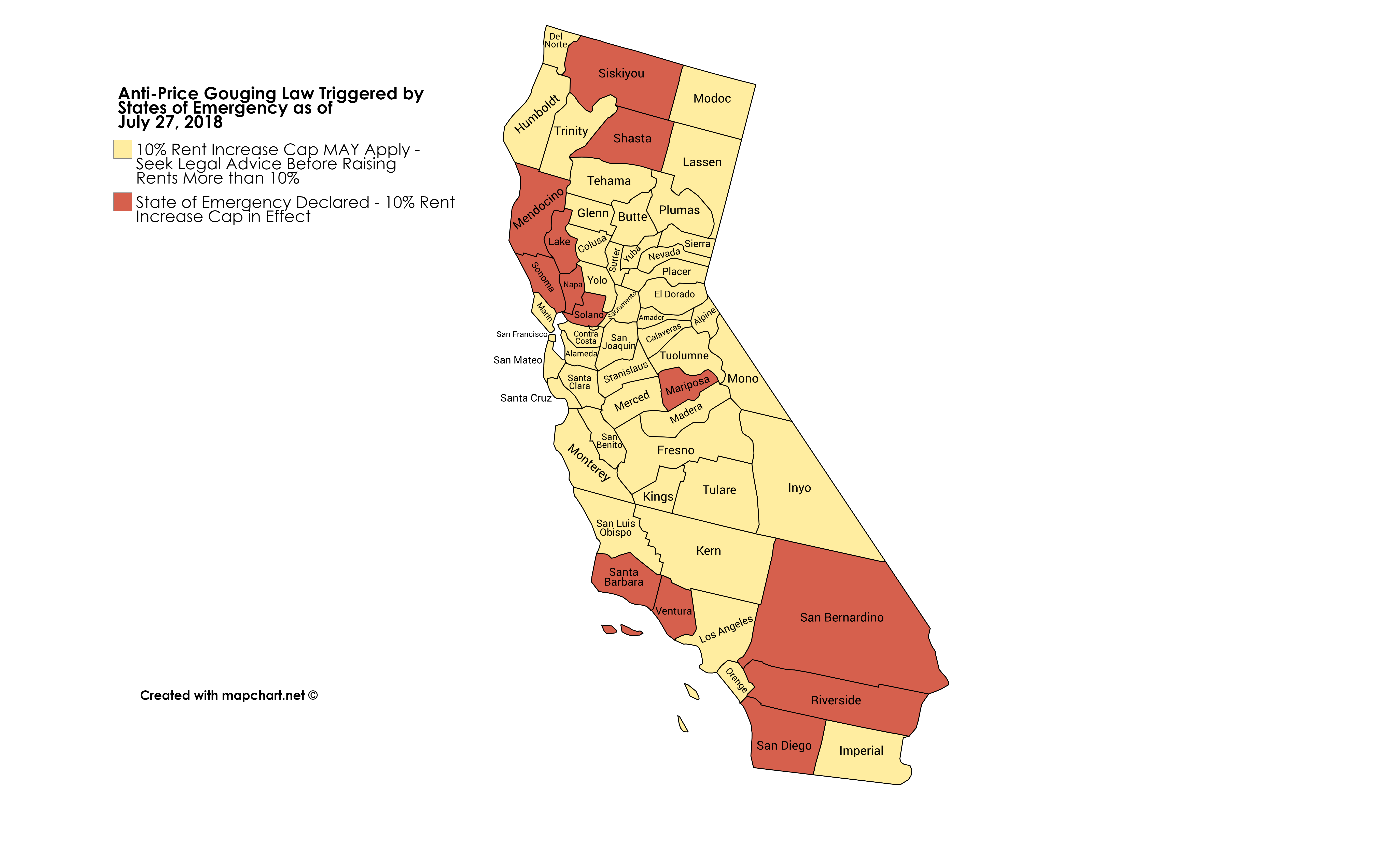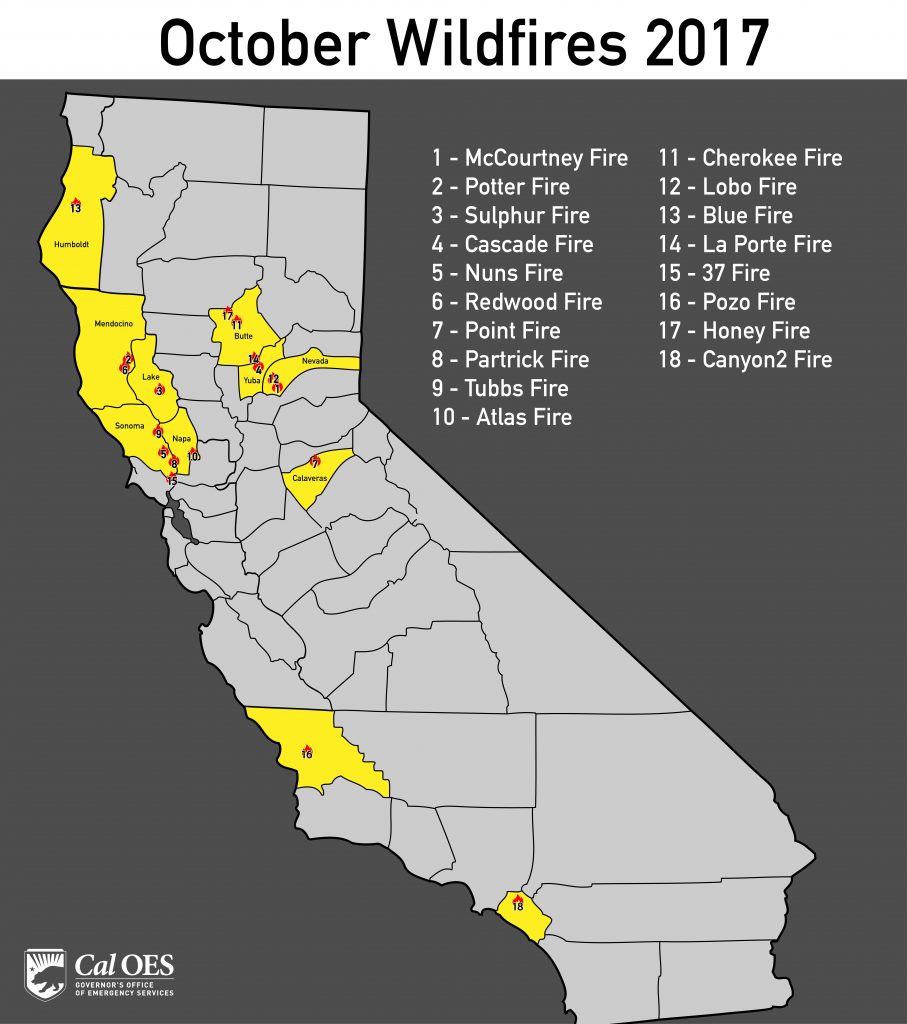AI-Powered Podcast Creation: Transforming Repetitive Scatological Documents

Table of Contents
Automating Transcription and Data Cleaning
One of the biggest hurdles in creating a podcast from scatological documents is the initial data processing. Manually transcribing and cleaning this type of data is incredibly time-consuming and prone to errors. Inconsistent formatting, specialized jargon, and numerous technical terms can make the process incredibly challenging. However, AI tools are changing the game.
- Accurate Speech-to-Text Transcription: AI-powered transcription services offer significantly improved accuracy compared to manual methods, even with complex terminology. These tools are trained on vast datasets and can handle nuanced language with impressive precision.
- Automatic Error Correction: Beyond basic transcription, AI can identify and correct errors automatically. This includes detecting and correcting spelling mistakes, grammatical errors, and inconsistencies in formatting.
- Data Cleaning and Standardization: AI can standardize data formats, ensuring consistency throughout your podcast. This might involve converting different data types into a uniform format or removing irrelevant information.
- Examples of Tools: Several tools offer these functionalities, including Descript, Otter.ai, and Trint. These platforms are constantly improving their AI capabilities to handle even the most challenging data sets.
Content Structuring and Organization with AI
Once the data is transcribed and cleaned, the next challenge is structuring it into a coherent and engaging podcast. This is where AI truly shines. AI algorithms can analyze the transcribed data, identifying key themes, patterns, and insights that might be missed by human analysis.
- Topic Segmentation: AI can automatically segment the transcribed text into logical topics, making it easier to create individual podcast episodes or sections.
- Creation of Episode Outlines: Based on the identified topics and patterns, AI can help create detailed episode outlines, suggesting key talking points and structuring the flow of information.
- Identification of Key Talking Points: AI can pinpoint the most important information within the data, highlighting crucial findings and insights that will form the backbone of your podcast.
- Automated Summarization: AI can summarize complex information into concise and easily digestible summaries, making it easier for both you and your listeners to grasp the key concepts.
Generating Engaging Podcast Scripts from Data
With the data organized, the next step is transforming it into an engaging podcast script. AI's natural language generation (NLG) capabilities are ideally suited for this task.
- Natural Language Generation (NLG) for Scriptwriting: AI can generate human-quality scripts from the structured data, ensuring a natural and engaging listening experience.
- Maintaining Consistent Tone and Style: AI can be trained to maintain a consistent tone and style throughout the script, ensuring a cohesive and professional feel.
- Adapting the Language for the Target Audience: AI can tailor the language to suit your target audience, ensuring clarity and engagement regardless of their prior knowledge.
- Integration with Other AI Tools: AI-powered podcast creation tools often integrate with other AI tools, such as voice generation software and sound effect libraries, streamlining the entire production process.
Benefits of AI-Powered Podcast Creation
The advantages of using AI for podcast creation, particularly with challenging data like scatological documents, are numerous:
- Increased Efficiency and Reduced Production Time: AI automates time-consuming tasks, allowing you to focus on the creative aspects of podcasting.
- Improved Accuracy and Consistency in Data Presentation: AI minimizes errors and ensures a consistently high level of accuracy.
- Cost Savings through Automation: By automating several stages of production, AI can significantly reduce overall costs.
- Accessibility to Broader Audiences: Automated transcription and translation features make your podcast accessible to a wider audience.
- Handling Large Volumes of Data: AI can easily manage large volumes of repetitive scatological documents, a task that would be overwhelming for manual processing.
Unlocking the Power of AI for Podcast Creation – Transforming Repetitive Scatological Documents
In conclusion, AI-powered podcast creation tools are transforming the way podcasts are made, particularly when dealing with complex and repetitive data sets like scatological documents. The benefits are clear: significantly reduced production time, improved accuracy, cost savings, and increased accessibility. By leveraging the power of AI, you can unlock the potential of your data and transform it into compelling audio content. Start exploring AI tools for podcast creation today and experience the transformative power of AI for yourself!

Featured Posts
-
 Pope Francis A Legacy Of Compassion
Apr 22, 2025
Pope Francis A Legacy Of Compassion
Apr 22, 2025 -
 La Fires Fuel Landlord Price Gouging A Selling Sunset Star Speaks Out
Apr 22, 2025
La Fires Fuel Landlord Price Gouging A Selling Sunset Star Speaks Out
Apr 22, 2025 -
 The La Wildfires And The Troubling Trend Of Betting On Natural Disasters
Apr 22, 2025
The La Wildfires And The Troubling Trend Of Betting On Natural Disasters
Apr 22, 2025 -
 Full List Famous Faces Affected By The La Palisades Fires
Apr 22, 2025
Full List Famous Faces Affected By The La Palisades Fires
Apr 22, 2025 -
 From Scatological Documents To Engaging Podcast The Power Of Ai
Apr 22, 2025
From Scatological Documents To Engaging Podcast The Power Of Ai
Apr 22, 2025
